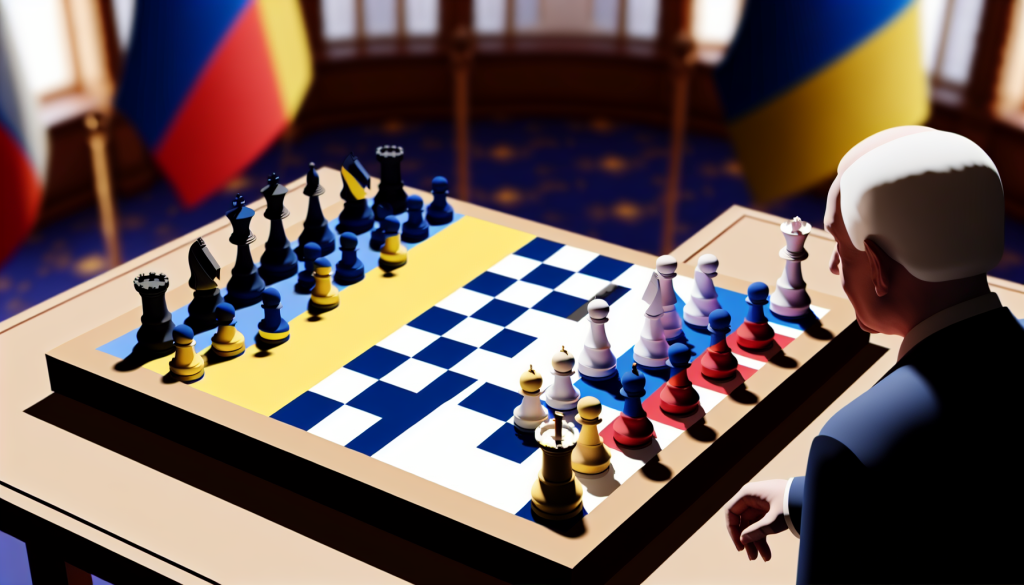Moldovans Face a Critical Geopolitical Decision in Upcoming Election
As Moldovans prepare to head to the polls on Sunday, the stakes could not be higher. This parliamentary election, marked by allegations of Russian interference, offers citizens a stark choice that could significantly influence the country’s geopolitical direction. Citizens of Moldova, a landlocked nation nestled between Ukraine and Romania, will determine whether their future leans toward the European Union (EU) or Russia.
The Context: A Nation at a Crossroads
Moldova, with a population of around 2.5 million, has been pursuing a westward path in recent years, seeking closer ties with the EU. This election will decide whether that trajectory continues or whether the country will revert to Moscow’s sphere of influence. The 101-seat parliament being contested could shift the balance, especially considering the ruling pro-Western Party of Action and Solidarity (PAS), which has maintained a strong majority since 2021.
The Political Landscape
In this election, the PAS squares off against several Russia-friendly opposition parties. The pro-Western ruling party has emphasized the importance of continued EU integration, warning that losing their parliamentary majority would endanger justice reforms, infrastructure projects, and overall autonomy from Russian influence. Igor Grosu, the leader of PAS, asserts, “There is no middle option,” highlighting the critical nature of this election.
Russian Interference Allegations
Concerns regarding Russian interference loom large. These claims of meddling raise alarms about the integrity of the electoral process and the potential sway of foreign influences over domestic affairs. Moldovan citizens are not just voting for policies; they are deciding their nation’s independence and future partnerships.
Implications for EU Integration
Should the PAS fail to secure a majority, the implications for Moldova’s EU aspirations could be severe. Analysts warn that a shift to a Russia-friendly government would halt EU integration efforts and reverse the progress made on vital reforms. This potential regression could jeopardize not only Moldova’s democratic institutions but also its economic prospects and international standing.
Public Opinion and Voter Sentiment
The Moldovan electorate is divided, with a significant portion supportive of EU integration while others remain nostalgic for ties with Russia. This division reflects a broader regional tension and varying opinions on national identity, governance, and economic affiliation. The voting outcomes may depend heavily on how each party connects with the electorate’s aspirations and fears.
The Significance Beyond Moldova
This election is a microcosm of broader geopolitical struggles in Eastern Europe. As the region grapples with Russian aggression and the allure of European integration, Moldova serves as a frontline state in this ongoing narrative. The results could either reinforce the EU’s influence or signal a retreat into Russia’s orbit, affecting neighboring countries’ political dynamics and security considerations.
Conclusion: The Wait for Results
As the election date approaches, anticipation builds not only within Moldova but also among the EU and Russia as they watch closely how Moldovan citizens choose their path. The decision made on Sunday will resonate far beyond Moldova’s borders, shaping future policies and alliances in an increasingly volatile geopolitical landscape.

